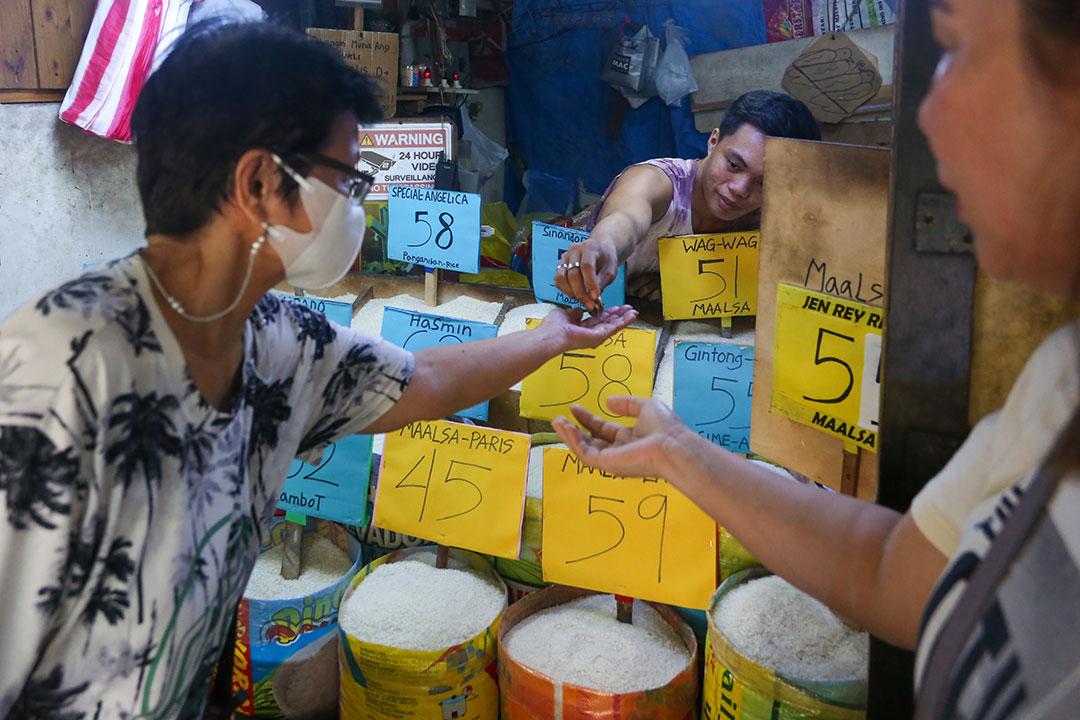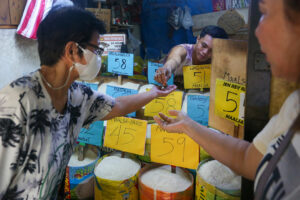
THE DEPARTMENT of Agriculture (DA) declared on Monday a food security emergency on rice, the latest effort by the government to lower the cost of the staple grain.
“This emergency declaration allows us to release rice buffer stocks held by the National Food Authority to stabilize prices and ensure that rice, a staple food for millions of Filipinos, remains accessible to consumers,” Agriculture Secretary Francisco P. Tiu-Laurel, Jr. said in a statement.
The DA cited the “extraordinary” increase in local rice prices despite the drop in global prices and the reduction in tariffs last July.
Last month, the National Price Coordinating Council approved the resolution urging the DA to declare a food security emergency for rice.
Under Republic Act No. 12708 or the Agricultural Tariffication Act, the Agriculture secretary can declare a food security emergency in case of rice supply shortages or extraordinary price spikes.
Under a food security emergency, the NFA would release its rice buffer stock to government agencies, local government units, and the KADIWA ng Pangulo program.
“The NFA currently holds a buffer stock of approximately 300,000 metric tons (MT) of rice, half of which could be released over the next six months to ensure sufficient supply for emergencies and disaster response,” the DA said.
“The NFA may increase this volume, if necessary, as it prepares to begin palay procurement in the coming weeks,” it added.
The department said the food security emergency “will remain in effect until the situation improves,” adding it will regularly review the situation.
Last week, the NFA said that it would release about 150,000 MT of rice stocks over a six-month period or 30,000 MT per month, allowing the NFA warehouses to free up space during the incoming harvest season.
President Ferdinand R. Marcos, Jr. last year issued Executive Order No. 62 which slashed tariffs on rice imports to 15% from 35% previously until 2028. This was aimed at lowering rice prices and tame inflation.
According to the DA’s price monitoring of Metro Manila markets as of Feb. 1, a kilo of imported special rice was priced between P52 and P61, compared with the P57 and P65 per kilo a year ago.
The price of imported premium rice stood at P51-P58 per kilo as of Feb. 1. from P54-P62 per kilo last year.
On the other hand, imported well-milled rice is currently between P40 and P52 per kilo, while imported regular milled rice is at P38 to P48 per kilo. — A.H.Halili
